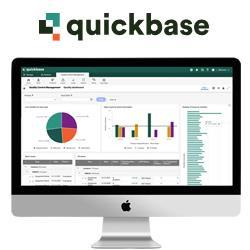New Report Discusses Smarter Way Forward for Solar Net Metering
The report continues PACE's ongoing efforts to support the development of all forms of energy, including residential, community, and utility-scale solar, while also protecting power consumers.
WASHINGTON, July 18, 2017 /PRNewswire-USNewswire/ -- The Partnership for Affordable Clean Energy (PACE) today released a new report on the state of net metering policies, entitled "Net Metering: Costs, Customers, and a Smarter Way Forward." The report was co-authored by Dr. David Gattie, Associate Professor of Environmental Engineering at the University of Georgia.
The report continues PACE's ongoing efforts to support the development of all forms of energy, including residential, community, and utility-scale solar, while also protecting power consumers. The report finds that residential solar provides the most benefits to consumers and communities when net metering policies:
Treat all customers fairly by avoiding cost-shifting;
Accurately reflect benefits and costs to the grid; and
Don't distort the energy marketplace by paying excessive rates for rooftop generation.
Net metering debates have evolved over decades, but PACE's new report asserts that lawmakers may only have a few critical years to correct harmful net metering approaches and cement policies that are fair to all. PACE's new report looks back at net metering's history and assesses how policy changes in a variety of states will impact the bottom line for electricity consumers.
"Where states choose to maintain net metering payments at a retail rate, costs are shifting to non-solar customers at an alarming rate," Dr. Gattie explains.
The report also examines and refutes persistent claims about the value of residential solar, namely that it provides significant value by avoiding capacity, enhancing reliability, hedging against price volatility, and more. Residential solar adds value, but not as much as some advocates claim.
"PACE hopes this report will serve as a resource for state policymakers, consumers, and other stakeholders," said Laura Schepis, PACE Executive Director. "States can provide a balanced set of net metering policies that allow residential solar to serve consumers, while protecting the interests of all who depend on the grid."
Find the report online here. http://energyfairness.org/wp-content/uploads/2017/07/Net-Metering-Report-PACE-and-Gattie.pdf
SOURCE Partnership for Affordable Clean Energy
Related Links
http://www.energyfairness.org
Featured Product

